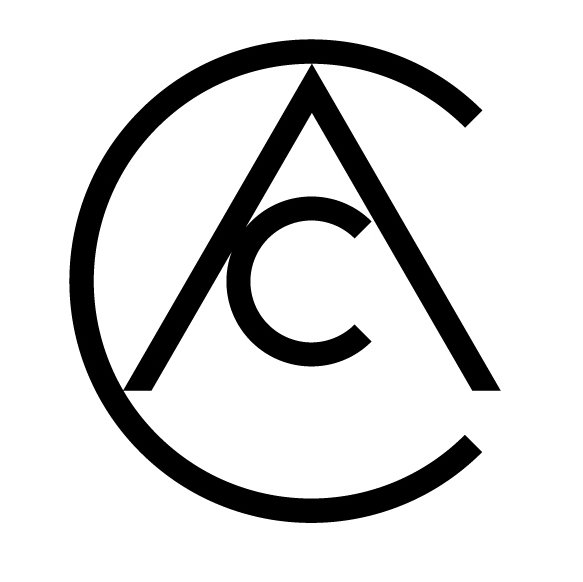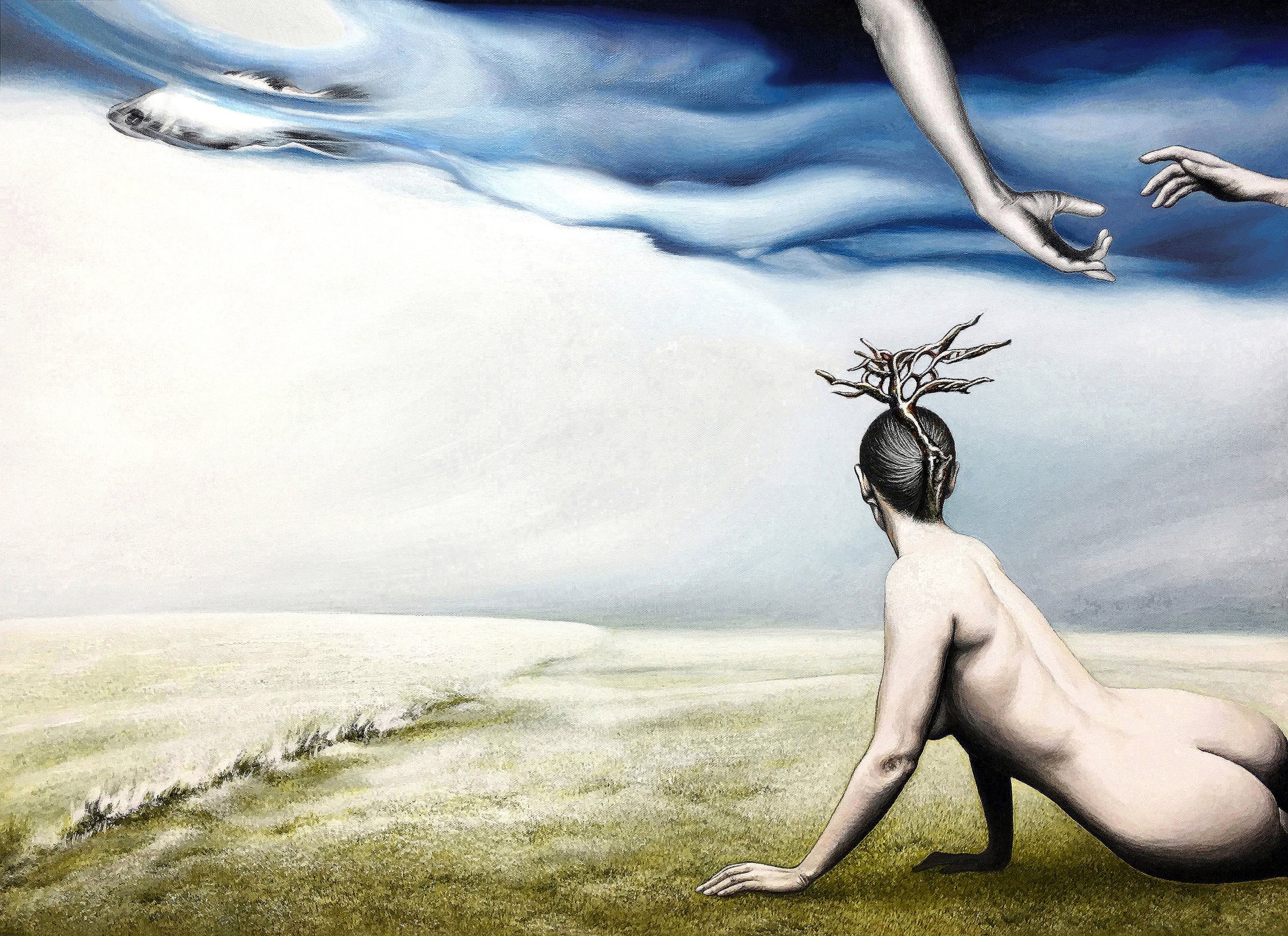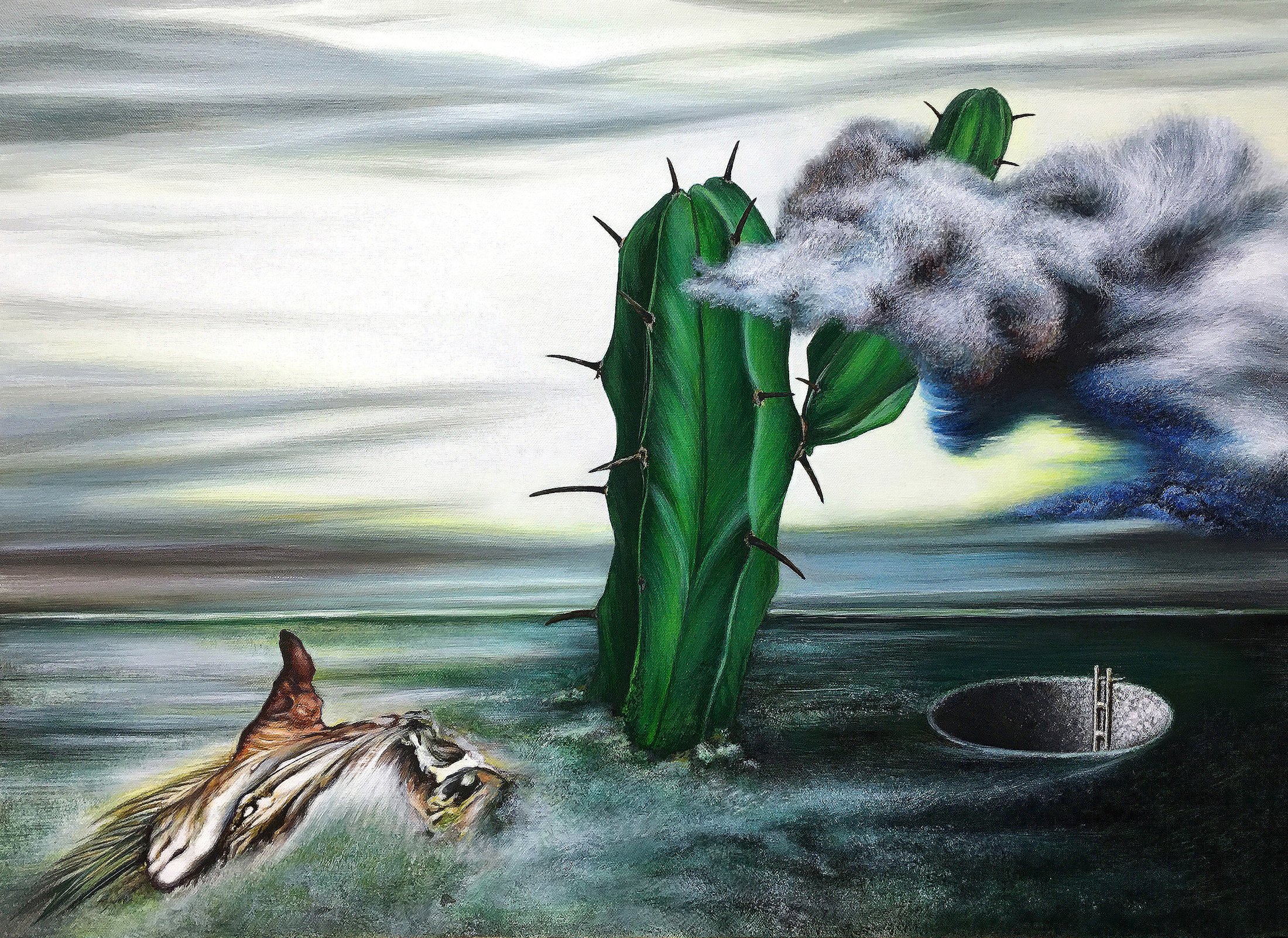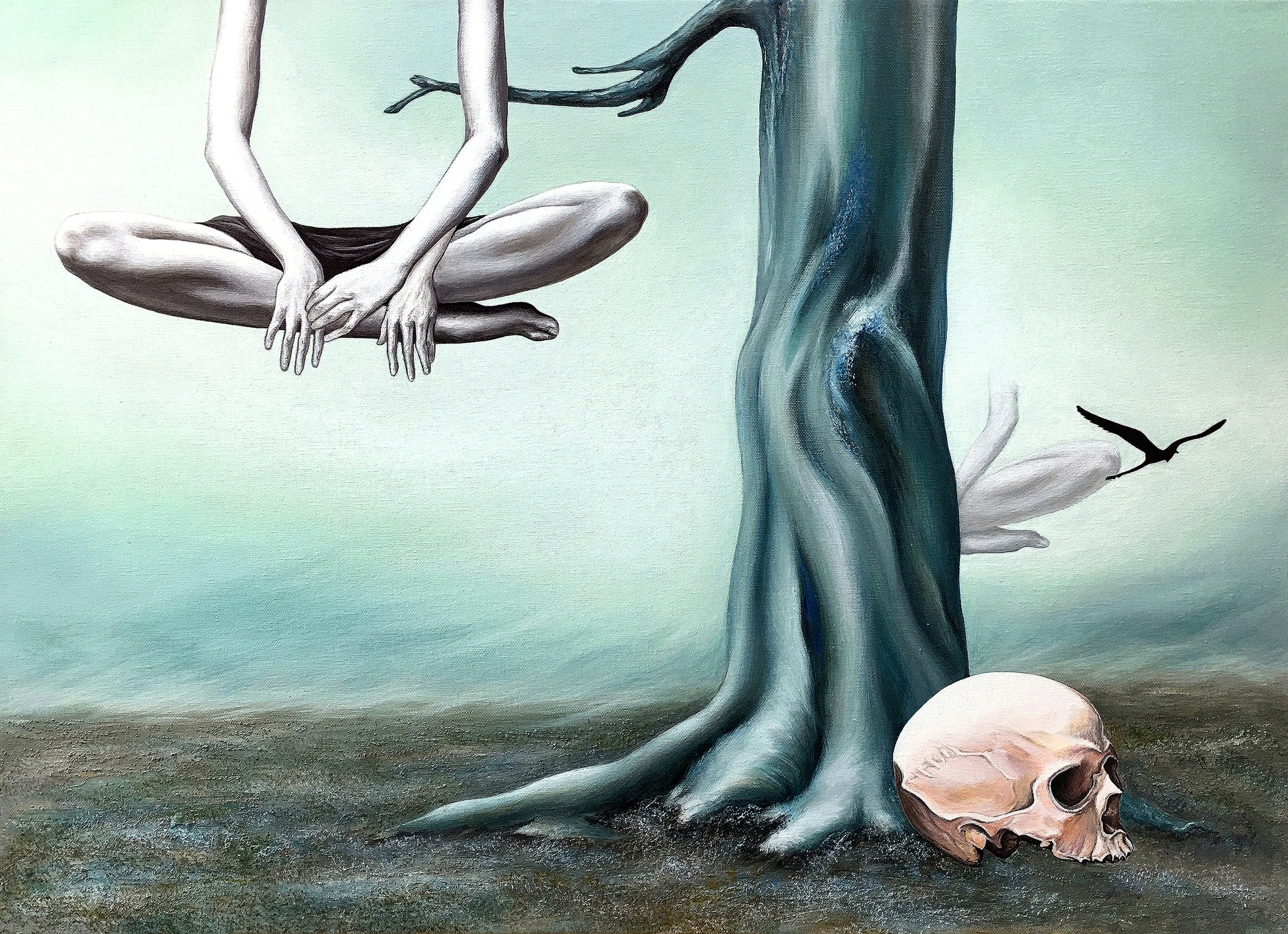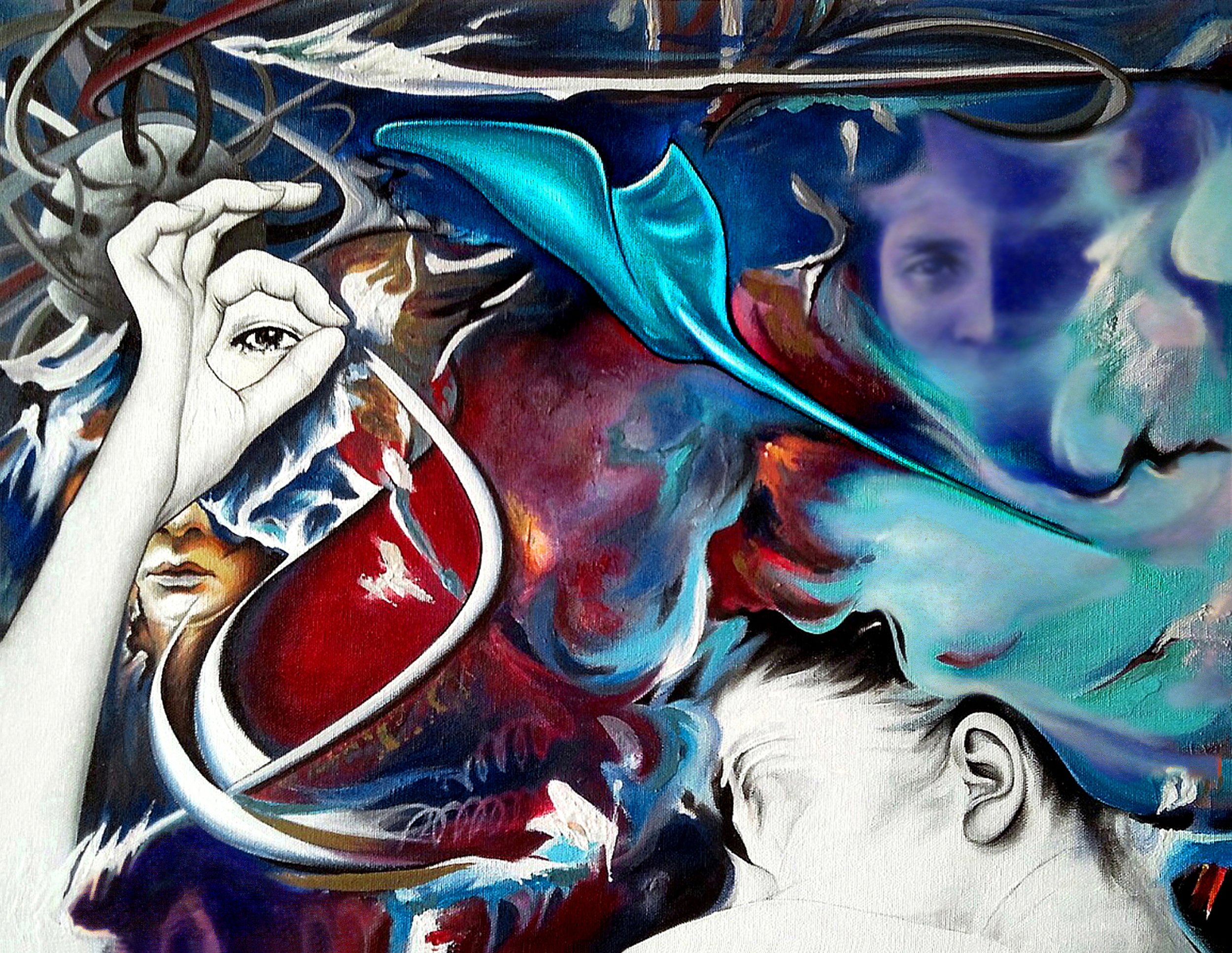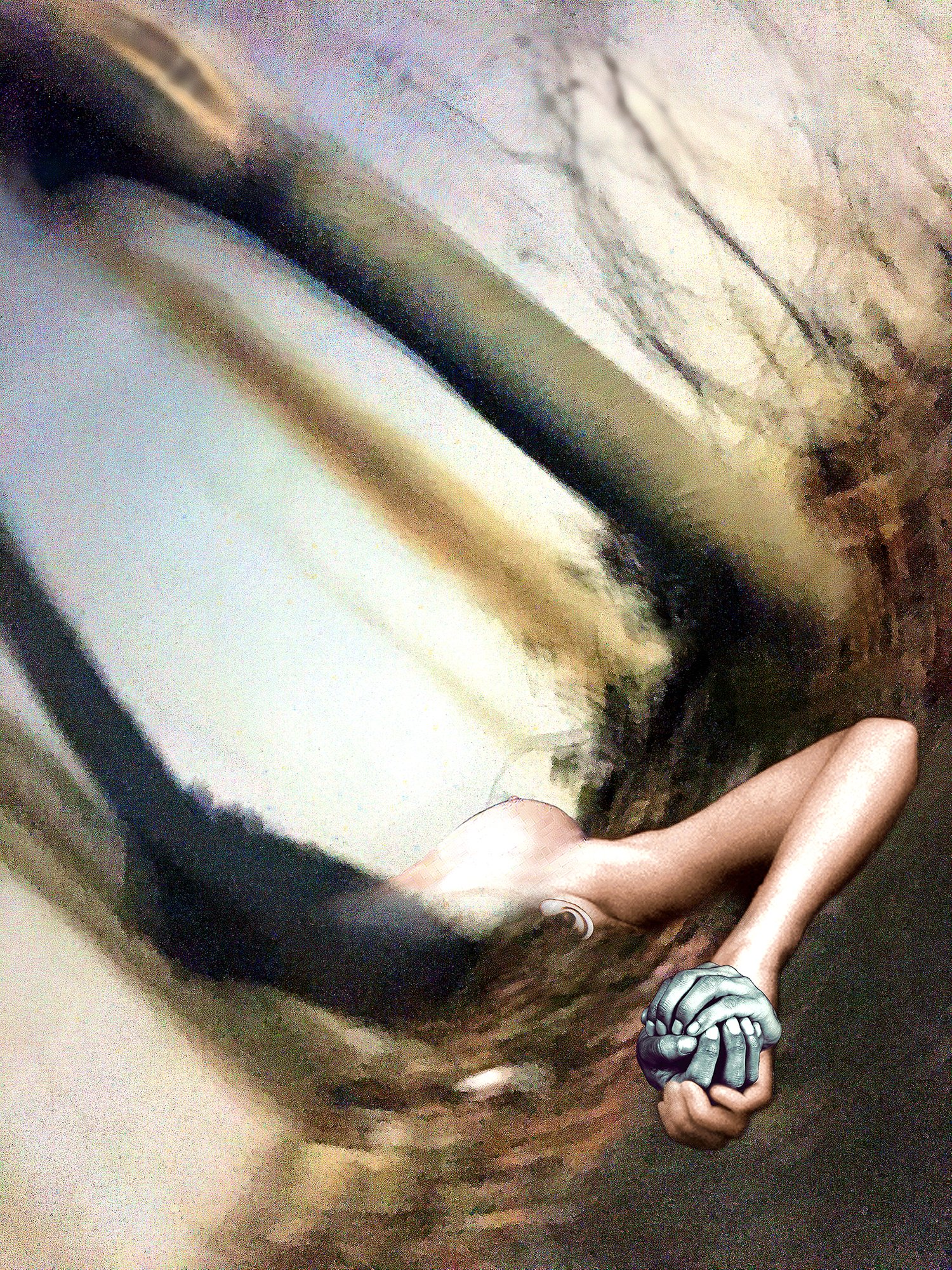Interview with Jeong-Ah Zhang
S. Korean and Contemporary artist. Majored in fine arts at Ewha Womans University in Seoul, Korea.
4 Selected solo exhibitions in the United States and Korea, and about 50 group exhibitions and art-fairs in the United States, Korea, Italy, the United Kingdom and France.
It also won 19 international awards and won 15 awards in Korea.
How would you describe yourself and your artwork?
I don’t want to limit myself, It’s because the description has limitations and can create an awareness of in-built prejudices and stereotypes. I don’t want to be limited by time and space, and I don't want to compromise my soul.
How do you go about beginning a new piece? Do you have an idea already in mind, or do you start working with materials or sketches to find the departure point?
meditation.. journey of the imagination.. conceptualize.. with (or sometimes without) a rough sketch.. throw myself into my work.
When do you think your most prolific time of day or week is?
I’m pretty friendly with the darkness, this is because the moon does increases my clarity and quiet concentration. Additionally, the silence of sunlight in the early morning is also a precious time for me.
What is a barrier you as an artist overcame? Is there anything that enabled you to develop your work as an artist in your life?
For me, true communication is a soul resonance, beyond the time frame. I try to listen to all the conceptions of all things, have an open mind and remember what resonates, and I do work like that. I’m just trying to be true to myself every moment in my life.
Did you have an idea of what you wanted to create right from the beginning?
Philosophical thoughts about life and death, creation and extinction.. I think that’s my natural inclination from when I was very young.
What is the meaning or creative inspiration for your work? We’re curious what the narrative or story is to what you are producing?
My life is itself who I experience and it is evidence of my life.
The oriental Buddhist philosophy that all things works mysteriously without a true substance is the basis of my work, but I’m not a religious person. My life and art is based on my own philosophical thoughts and experiences. I’m interested in the philosophy of reflections on all beings, and my works use symbols, metaphors and imagery in the metaphysical world to express phenomena such as the nature of life, or the principle of the universe. Also, I try to focus on the essence of life by establishing core values, and at the same time, I’m trying to sublimate it into my works. Philosophical considerations on A Visible world and An Invisible world.
Besides your artworks, are there any other things in life that your voice as an artist may consider vital or valuable? What makes you joyful and creative, in other words?
Having a silent meditation.
I think that the most important thing in life is discovering who I am, and that's believing in myself. This being so, balance of awakening is really important to me, and that‘s a vital part of the whole process in my life.
It is because meditation is about life and death, the phenomena of nature and the workings of the Universe, being aware, and making choices.
Are there any exhibitions or places where people can see these beautiful creations in person soon? Anything on the horizon?
I receive many requests from art galleries of many countries and others for an art exhibition, but I select only a few. Moreover, due to the pandemic, I have been mainly doing online exhibits since two years ago. And my contents of the exhibitions are post on my website.
